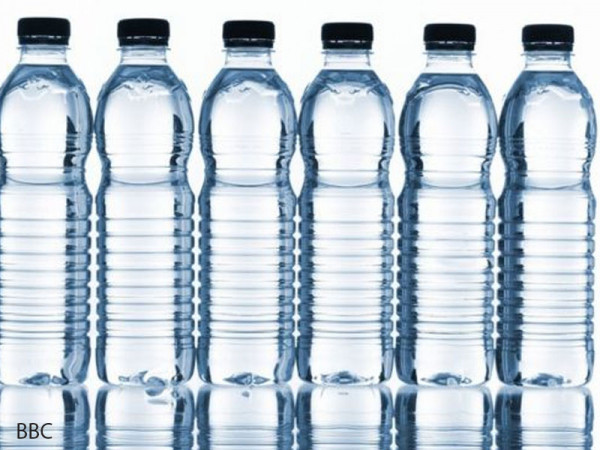While it seems unnatural to not provide water to your little ones early on, there’s legitimate evidence as to why babies shouldn’t have water until they’re about 6-months old.
The World Health Organization (WHO) notes that babies that are breastfed don’t need additional water, as breast milk is over 80 percent water and provides the fluids your baby needs. Children who are bottle-fed will stay hydrated with the help of their formula.
Assuming that your child is feeding well, either through breast milk, formula, or both, their hydration status shouldn’t be a cause of concern.
Why you should wait
Giving your baby water before six months isn’t recommended for the following reasons.
- Water feedings tend to fill up your baby, making them less interested in nursing. This could actually contribute to weight loss and elevated bilirubin levels.
- Providing water to your newborn could result in water intoxication, which can dilute the other nutrient levels in the baby’s body.
- Too much water causes their kidneys to flush out electrolytes, including sodium, leading to imbalances.
When your little one is at the stage where you’re introducing pureed solids, water could also be introduced.
According to the Children’s Hospital of Philadelphia (CHOP), once solids are introduced around 4 to 6 months, a baby’s milk intake reduces from a range of 30 to 42 ounces per day to around 28 to 32 ounces per day.
It all depends on how solids are introduced, what kinds of solids are introduced, and how often they’re being consumed. The goal for babies between 6 and 12 months is to ensure adequate nutrition intake and overall growth.
In order to effectively achieve this, introduce solids slowly and in multiple exposures. It’s acceptable to supplement with water at this time. However, assuming adequate formula or breast milk intake, your child may not need more than 2 to 4 ounces of water over a 24-hour period.
Water is traditionally introduced through a sippy cup. In this time period, as your child becomes more active, you may find that providing additional water in occasional instances is helpful.


